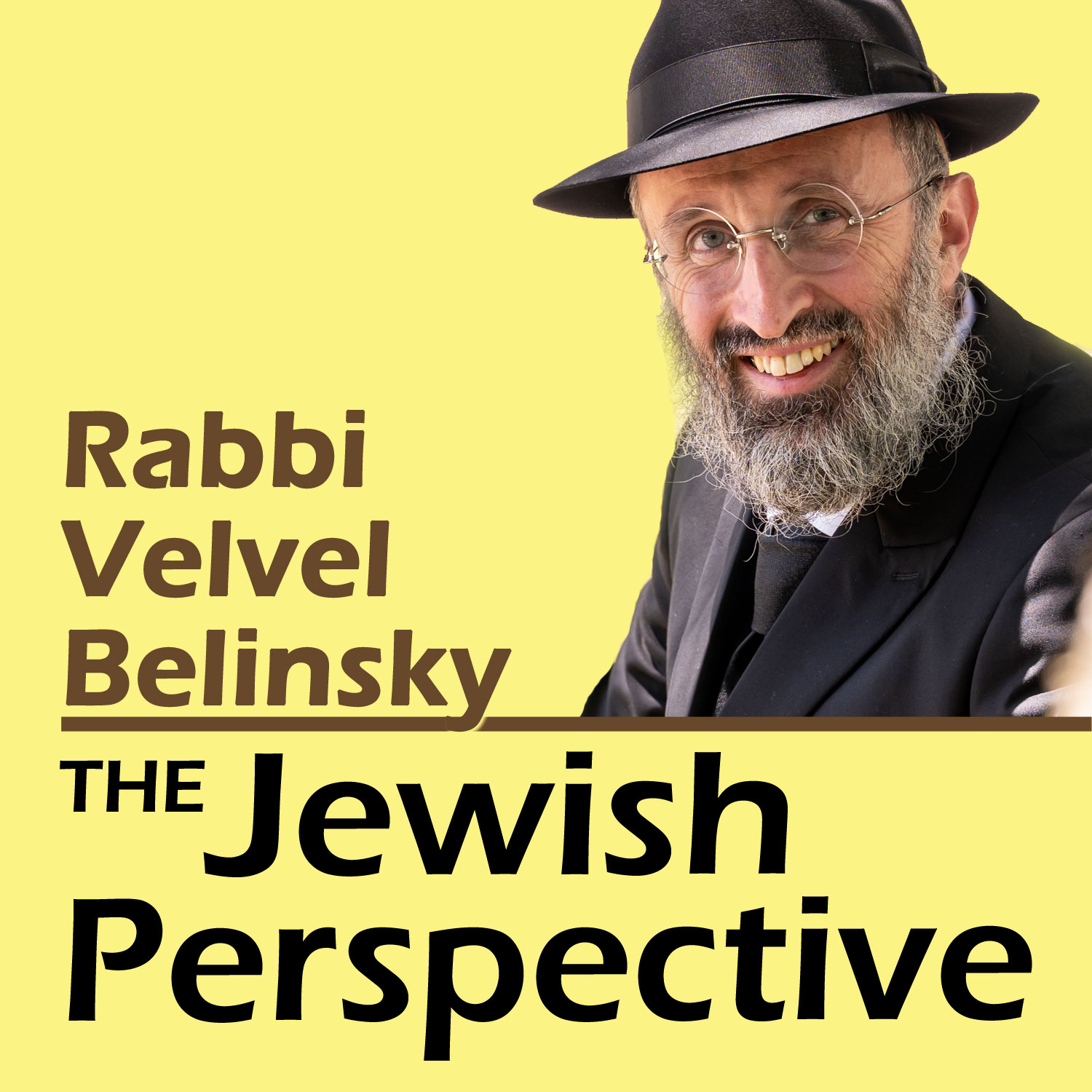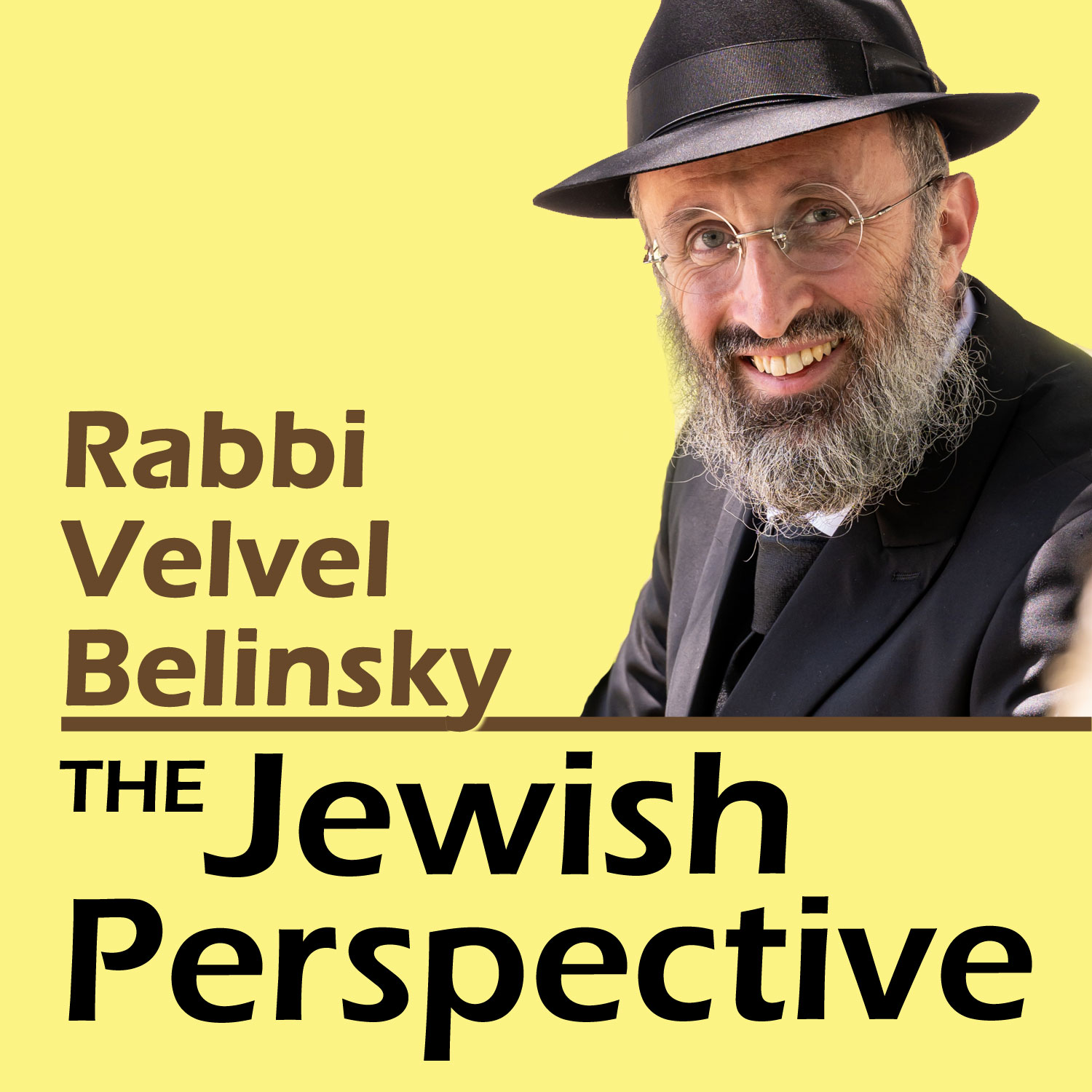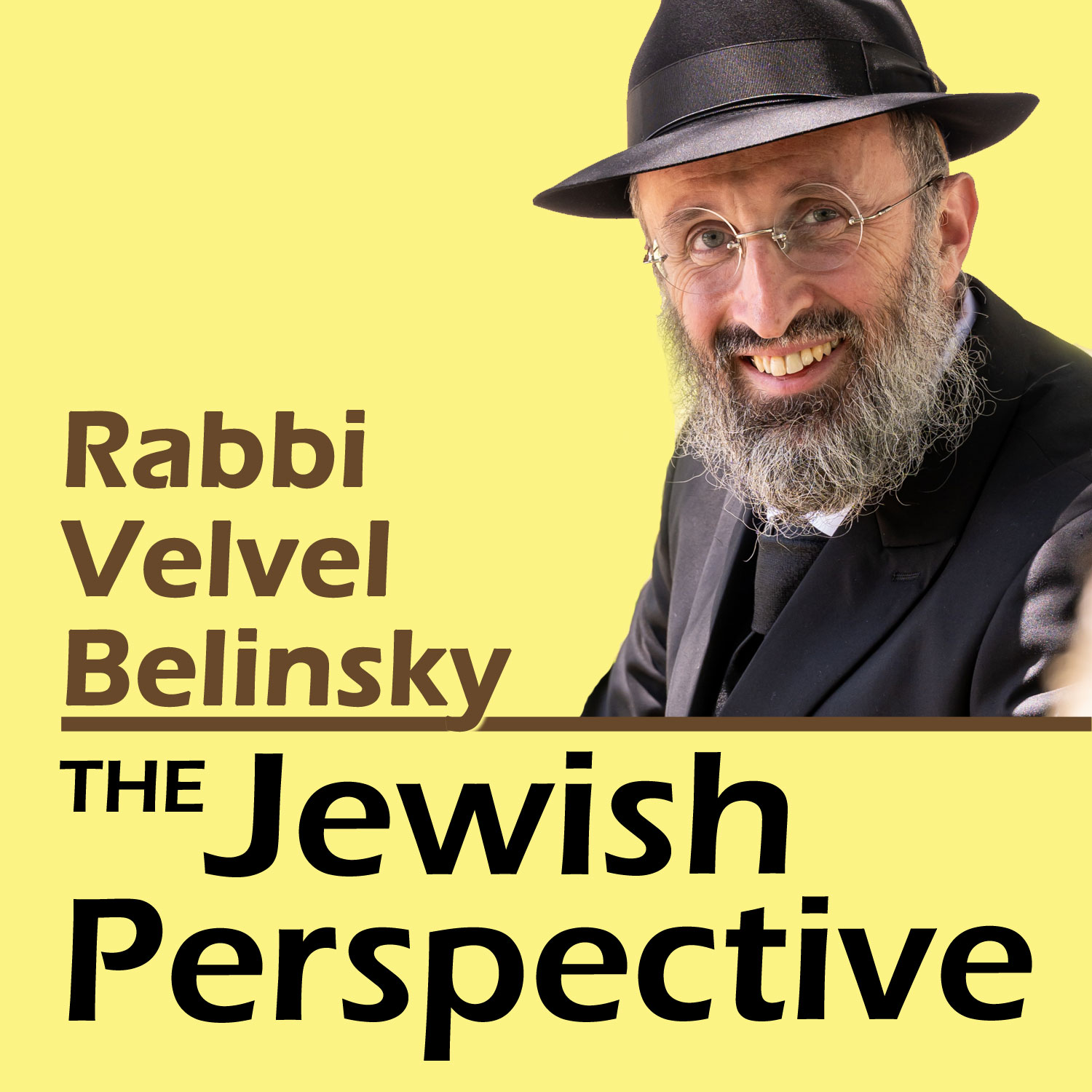Episode Transcript
[00:00:00] Should we be like Moses? I hope I will be, at least in some respects, like Moses. But at the same time, we will speak today about the ways, how we should not be like Moses. There is an interesting story told in Torah about Moses traveling with his wife and two sons. And a strange thing. A snake appears and it's about to to kill the two sons. He's attacking only the boys and both Zipporah, Moses, wife, and Moses himself. Right away understand why this is. It was a sign from God. And it was happening because Moses two sons were not circumcised. And right away, Zipporah takes a knife and circumcises her two sons from this story. We, by the way, know that a woman can be a mohel, can perform circumcisions. Now, so here's a very strange question. Why weren't Moses sons circumcised? All Jews were circumcised back then. Moses was circumcised. Actually, he was born circumcised. And then I want to ask you even a bigger question. They realize they need to circumcise their sons. And this story is teaching us that a woman can be a moheld, can perform circumcisions. Great. But why didn't Moses circumcise his sons? Because we know from the Jewish law that the primary responsibility to circumcise a child is on the father. So why didn't the father do it? He was right there. So in order to understand that, we have to go back in our history. Moses meets Zipporah, his future wife, and he wants to marry her. And he comes to his father in law, Jethro, or in Hebrew, it's Yitro. Jethro. Yitro was a very interesting person. He at one point was the chief shaman, the chief priest of the nation of Midian, which was an idol worship nation. He was the chieftain of their religion. And then over the time, he saw that this religion doesn't make any sense and whatever they are worshiping is nonsense. So he decided to try something else. He went to a different religion from a neighboring nation. Then he realized this is also a whole bunch of garbage. And he traveled through the world looking for the true religion. And this is why, by the way, his whole family was ostracized. And this is the reason why, when Moses met Zipporah for the first time, she was bullied by others by the well that she was trying to get water from. She was bullied because her family was ostracized. They were canceled by the local cancel culture because her father was not following the religion, he went against the religion that he was ahead of just three years earlier. So Jethro Moses, father in law, is traveling around the world looking for the true religion. And then he comes to Judaism and he realizes that Judaism is true and he converts to Judaism. This is why, by the way, the Torah portion of, of giving of the Torah, the Torah portion that describes to us the giving of the Torah at Mount Sinai is named Yitro Jethro, it has his name because Moses waited for his father in law to come before receiving the Torah. He, Moses father converted to Judaism, accepted the Torah, he became a Jew. But this is what Jethro Yitro tells his daughter and his son in law. So Jethro has his own life story and his own life experiences and he has his own understanding of how things should be done. And he has a very good point which he bases on his own life experiences. He says to Moses and to his wife to I really appreciate Judaism. I believe that the Torah is true. Why do I believe the Torah is true? Because I tried every other religion around the world and I examined every ideology and I myself arrive at a conclusion that the Torah is true. And therefore my conviction about the Jewish faith now is much stronger. And I really can explain to myself and to others why the Torah is true. Jethro tells to Moses and to Zipporah, I want you to give the same gift to your children. Don't teach them the Torah. Don't explain to them that they Judaism is the best thing. Let them try every other religion in the world. Let them try to figure out what is true by themselves. And if you are so convinced that the Torah is true, then I'm sure they will arrive to the realization that Judaism is the truth. And believe it or not, Jethro convinced his son in law Moses to give him that commitment. As a matter of fact, it says in Medrash that that was the condition that Jethro made for marrying Zipporah before they got married. That was the condition. Jethro Yitro told to his son in law that I want my grandchildren to be raised right, right in my understanding. He said, which means that they will be given opportunity to make their own mistakes. They will be given the opportunity to try everything else around and let them figure out about the their path in life themselves. And if you believe that the Torah is true, then they will come to this conclusion on their own. And their conclusion will be based on much stronger conviction than if they were taught this from their early age. This is why Moses did not circumcise his sons. Because circumcision is sign of covenant of Jewish religion. And Moses did not circumcise. This is why when the snake was about to kill the two boys, Zipporah had to circumcise their sons wives because she never promised anything to her father, only Moses did. You see, we found a legal loophole here. The Torah tells us to give our children Jewish education. We actually see it in our history. Moses was a great man. He was probably the greatest human in the history of mankind. Who were his sons? You know what? They did not take over after him the leadership of the Jewish nation. We don't even hear about them as a great Torah scholars. And before Moses passing, he was asking God to please allow his sons, or at least one of them to take him over to lead the Jewish nation. And God said no, sorry. And as a matter of fact, it's not because of punishment. Moses sons at the end, by the end of their lives, both have realized that Torah is true and come to serving Judaism. But it was a long way till they got there. And for many, many years, actually even for many decades, they were, we would call them teens at risk. They were involved in many other religions and many other not good things. And that's why unfortunately, Moses lineage has died with him. His lineage as a leader, as a great Torah scholar. As a matter of fact, we know from other books of Tanakh that one of Moses son was the chief architect of a plan of establishing an idol for worshiping in the Jewish camp. And they were involved in many not good things. At the end they came to the realization that the Torah is true. But this was at the end of their lives when they already made a lot of mistakes that were not fixable. They have most of their lives they were not doing the right thing. So this is why the Torah is telling us to learn from Moesha's mistakes. The history of Jethro Yitro, Moshe's father in law, is very inspiring. When somebody comes to the realization of what the truth is on his own, it's very admirable. But we should not risk it because we don't know how many mistakes will our children do in the meantime. And we don't know if they will at the end come to the realization of the truth. There is an inappropriate story that is told by Hasidim about that. They say that there were two Hasidic Jews. One lived in a shtetl, a small Jewish village, and the other one lived in Petersburg, which was the capital of the Russian empire. And the Jew who lives in the capital tells this Jew who lives in the shtetl in a small village, he says, to be a Jew in a small Jewish village, that's nothing.
[00:08:32] Anybody can do that. You would try being a Jew living in Petersburg, that's something admirable. The other Jew goes, yeah, I guess you're right. He says, huh? Nah, even just living in Petersburg is not such a big deal. You try living in the center of Petersburg, in the downtown, the most bustling place, where all the bars and all the theaters and all the parties happen, that's admirable. And the other guy says, yeah, I guess. I guess. He says, ah, that's nothing. Hanging out just in the downtown of Petersburg, it's also nothing. You would try to be an observant Jew when you are standing right outside of the theater where people go in. Back then, theater was the. The center of European culture right outside of the theater. Try to be a good Jew while you're sitting there. Ah, that's also nothing. You try to be a good Jew not outside of a theater. Inside a theater, you go to a show and there try to be a good Jew. Now, in that show, they might be selling things that Jew is not actually allowed to see or whatever it is. Just sitting on a show and being a good Jew, that's nothing. You try to go backstage and go in the women's dressing room and try to be a good Jew there. Basically, don't challenge yourself and don't challenge your children. Don't give them. When I say don't challenge, I don't mean don't challenge. You should challenge them in their academic achievements, but don't create obstacles to the children when it comes to giving them proper education.


